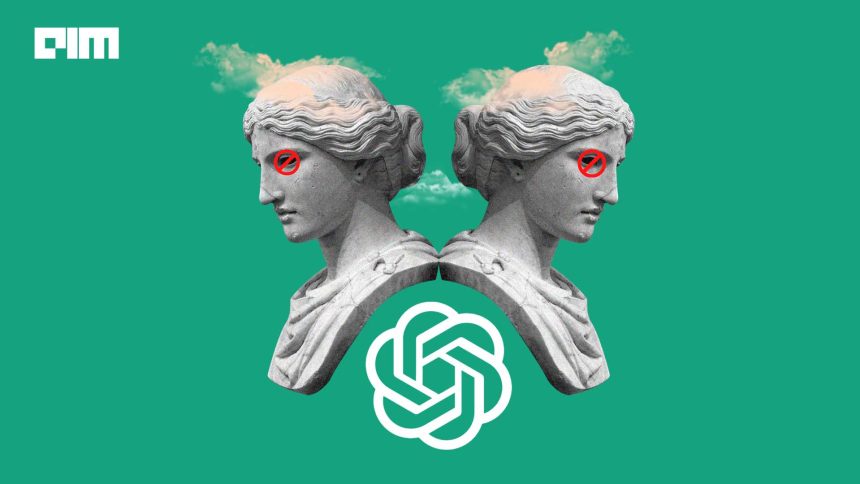You’ve undoubtedly noticed that artificial intelligence and ChatGPT have been in the news a lot recently. The fact is that this technology has been there for a long. Artificial intelligence as a concept has been around for decades. When you hear the term “AI,” you might immediately think of artificial general intelligence or machine sentience. This type of AI is not yet close to being created, and we are unsure of its viability. The way AI is now employed often refers to extremely sophisticated software tools. The term “AI” is now used for everything, including chatbots on websites and virtual assistants (think of Apple’s Siri or Amazon’s Alexa smart assistants).

ChatGPT was created by OpenAI as a tool to speed up information retrieval and simplify specific workflow processes. Yet, there have been worries expressed that ChatGPT and other AI systems might wind up completely replacing human workers. It is true that the development of AI technology in the future has the potential to automate some tasks and transform certain professions. Yet it’s crucial to keep in mind that AI systems are only tools designed to supplement and improve human talents, not replace them. Continue reading if you are still a little concerned after reading this. Here, we’ll provide some knowledge about ChatGPT’s capabilities as well as advice for securing your job in the approaching era of AI.
What is ChatGPT?
A new software language model called ChatGPT is presently being created by the US machine intelligence research group OpenAI. This AI system, which is still in the testing phase, is created with the goal of comprehending natural language processing. Producing replies to queries that are eerily human-like. The public was recently given access to a functional test model. The data gathered from user feedback is now being used in the current development stage.
- Advertisement -
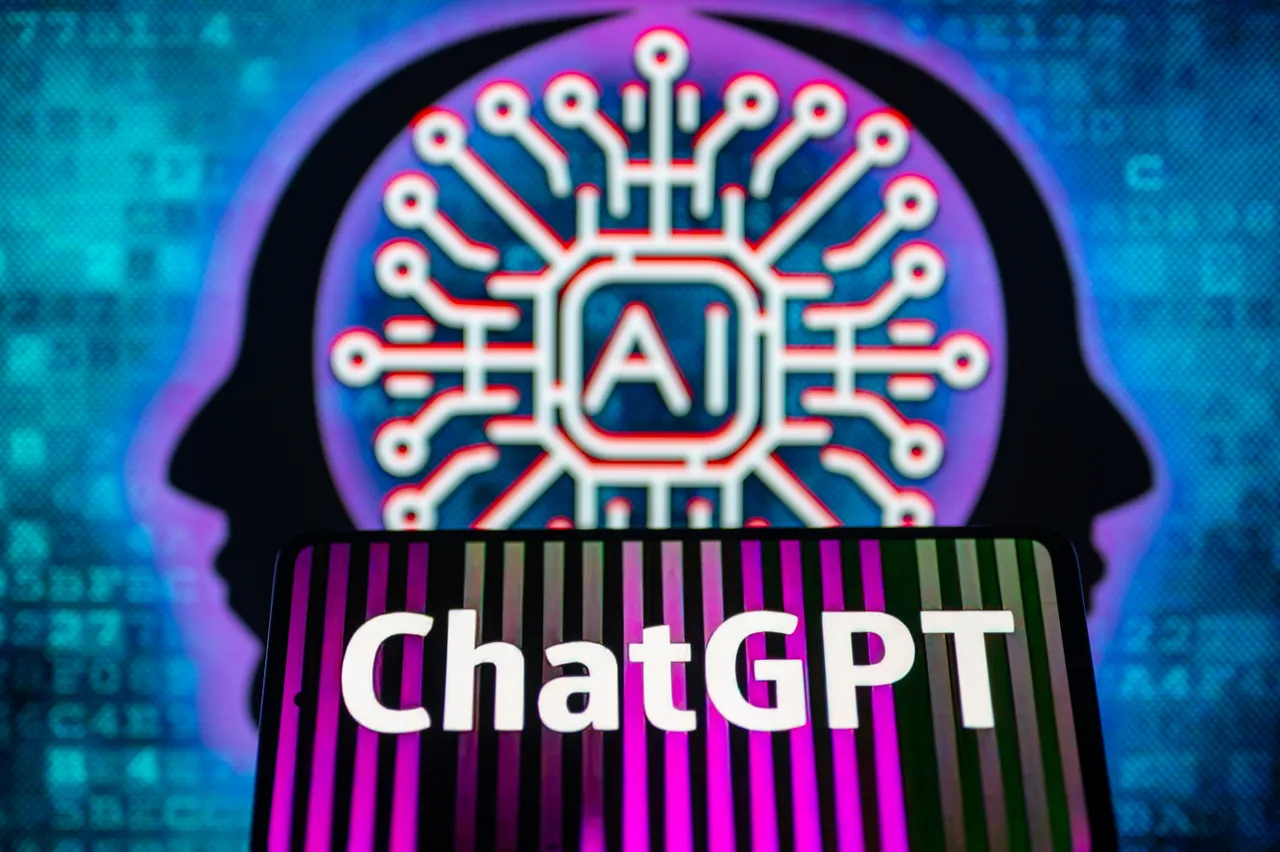
ChatGPT, a state-of-the-art language model created by OpenAI, is at the heart of this current conversation. The automated systems of the past are clearly different from more recent AI models like ChatGPT. They are more complex than a chatbot or search engine since they can process information. All that to produce their own content in natural-sounding language. What does this entail for the typical individual, though? Although some of the claims made about ChatGPT may be a little exaggerated,. There’s no disputing that it has the power to upend everything.
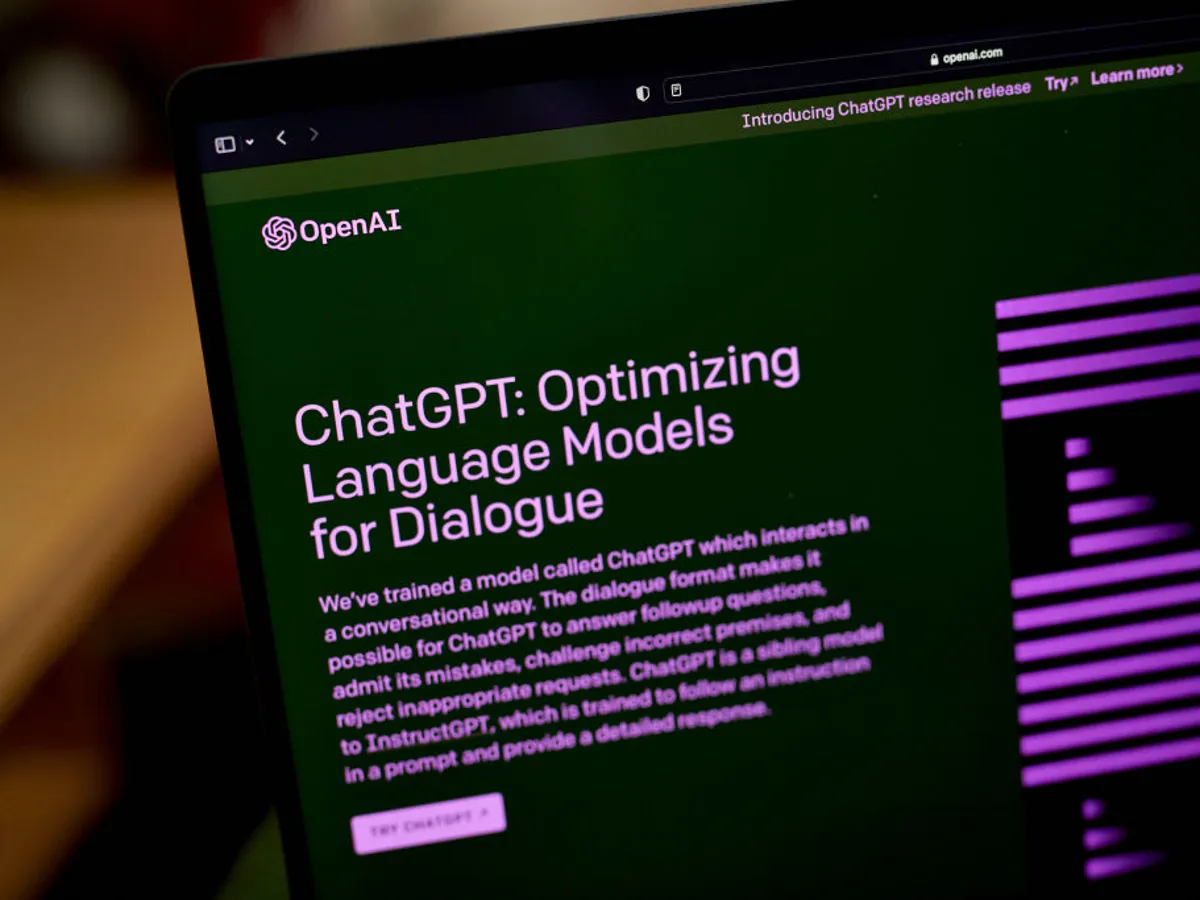
While there are worries about how AI may affect the labor market. ChatGPT was created to support and improve human talents. Consider it more of an AI assistant rather than a human replacement. That is not the goal of OpenAI. It’s conceivable that as this futuristic technology develops, more sophisticated language models will surface. For example, Tesla CEO Elon Musk has already stated his intention to create a rival to ChatGPT. The upbeat viewpoint is that these AI systems may be incredibly helpful tools. They will enable humans to interact with technology in novel and interesting ways.
Will ChatGPT take away your job?
It is simple to understand why worries about job displacement have been aroused by the seemingly rapid advent of sophisticated AI systems like ChatGPT. Yet it’s crucial to keep in mind that ChatGPT’s underlying idea is rather straightforward: All it is is a language model that employs machine learning to generate responses to user questions that resemble human responses.
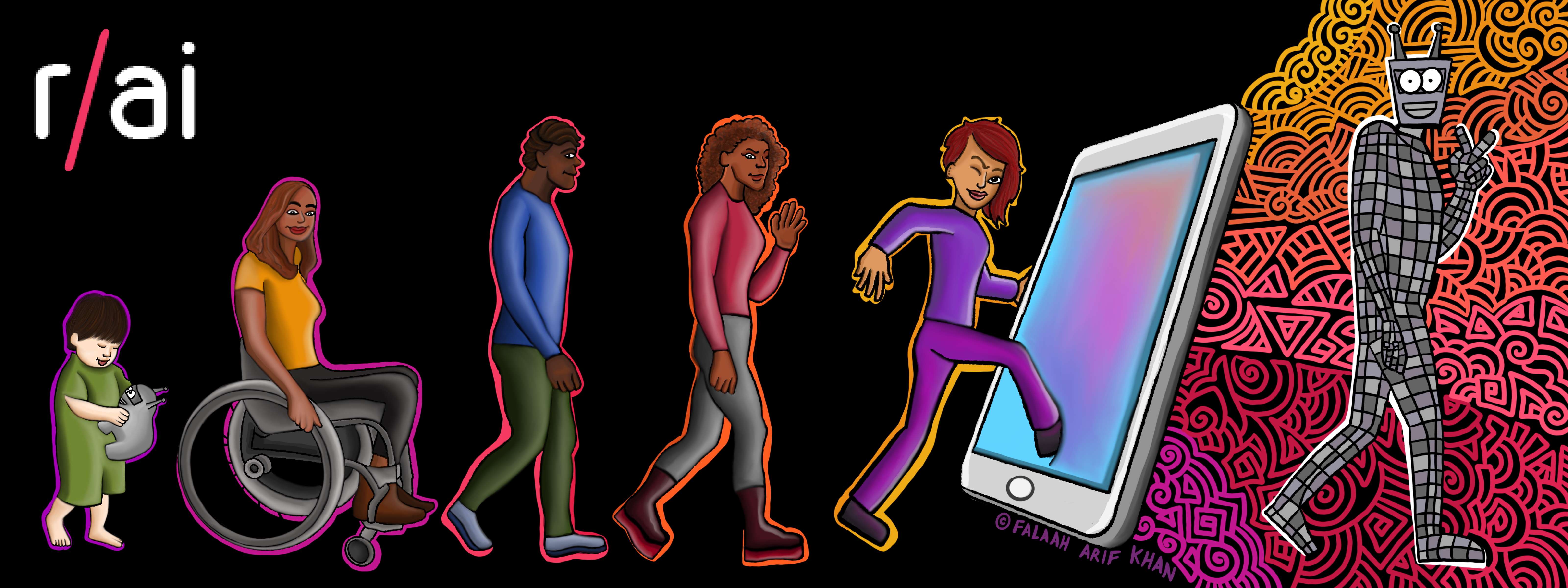
One may compare ChatGPT to a sophisticated chatbot. Of course, it’s a little more complicated than that, but many of the technologies that make it possible have been around for a while. It is a technology designed to help with many duties, such as responding to client inquiries and aiding in research and data analysis. But, technology is a long way from being able to completely replace people.
Although AI technology has the ability to automate some processes, it is unlikely that this will happen for most jobs very soon. It has a far higher likelihood of producing new employment possibilities in disciplines like AI development, data analysis, and machine learning. In fact, it’s already happening, with artificial intelligence research already being a booming tech sector.
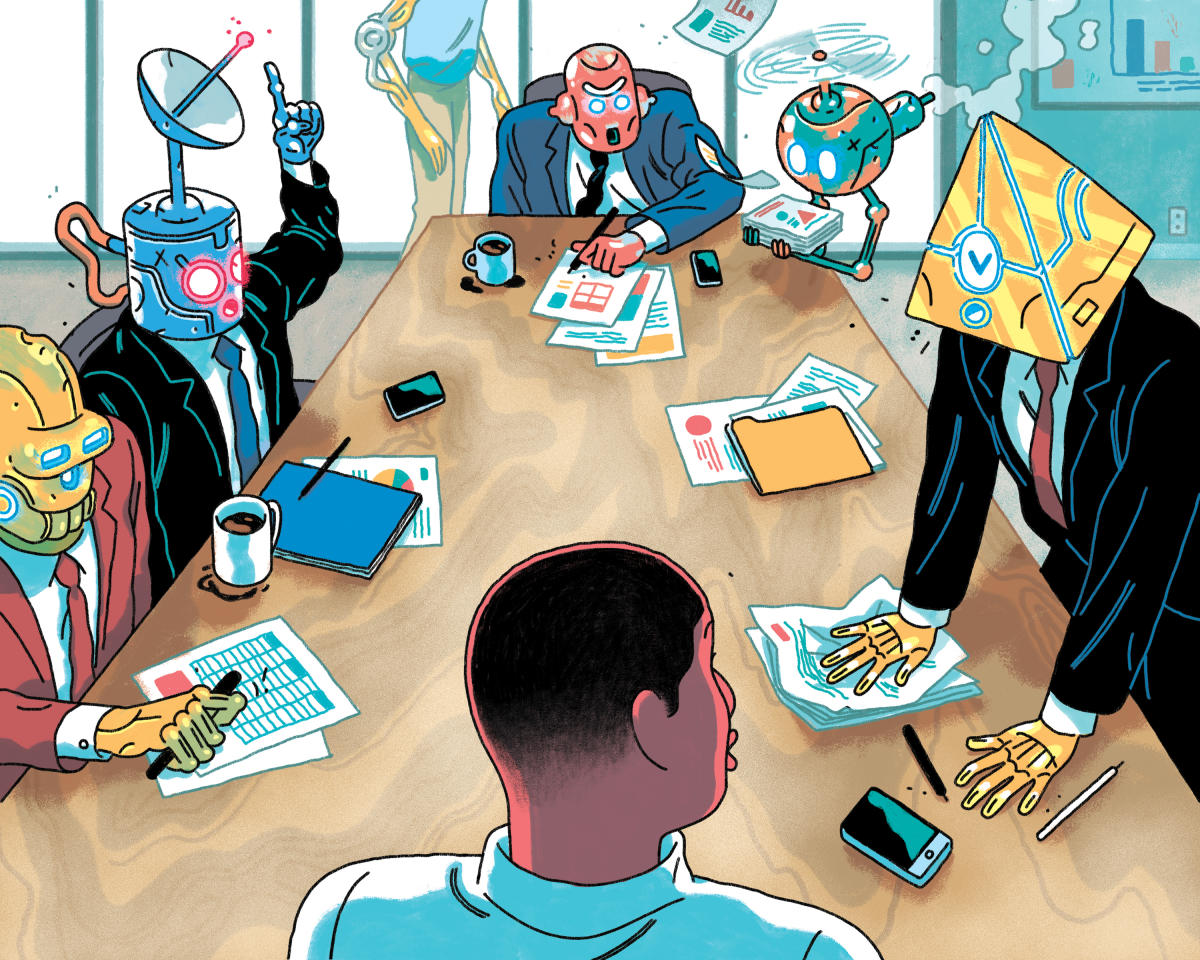
The way artificial intelligence is integrated into various industries and how companies and experts decide to use it will ultimately determine how it affects the labor market. Yet one thing is certain: AI technology is here to stay and will only keep getting better. Since AI isn’t going away, we’ll need to weigh its advantages and disadvantages, figure out how to utilize it productively and create a future in which ChatGPT and other AI systems can work in our favor.
Here’s how to protect your career from AI
It’s normal for individuals to worry about their jobs as technology, and AI systems, in particular, advance and become more sophisticated. Professionals should endeavor to improve their abilities, stay on top of trends, and learn to take use of AI rather than viewing it as a danger or a nuisance.
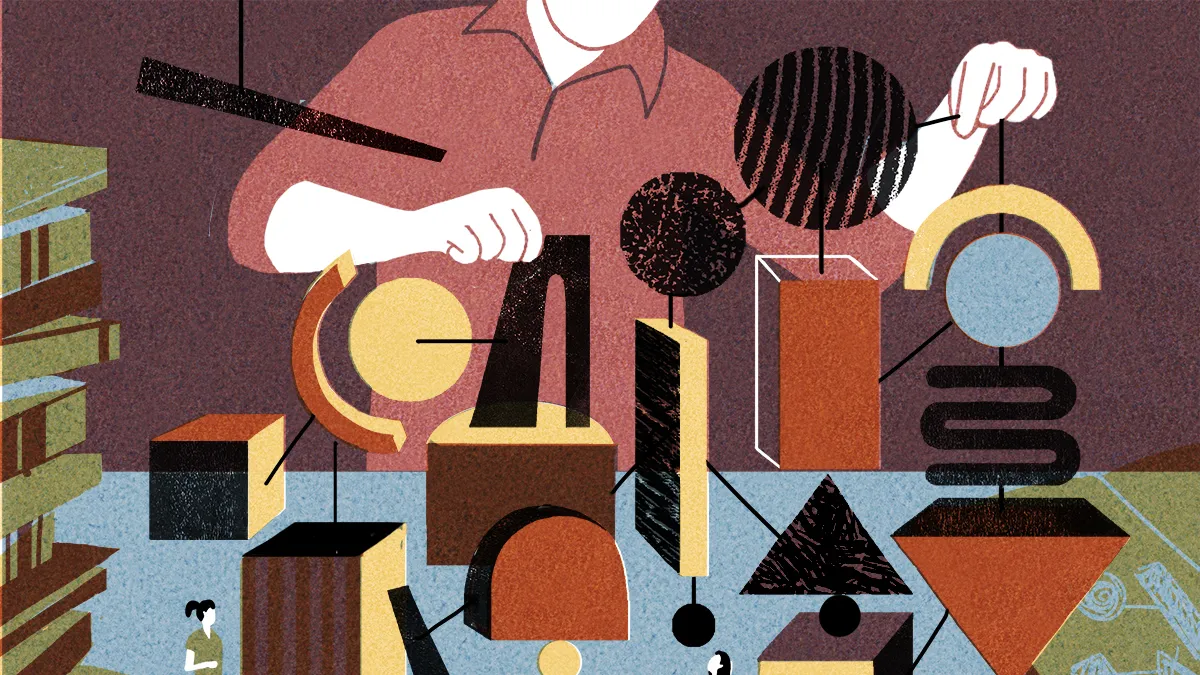
By concentrating on developing distinctively human talents that are challenging or even impossible to automate, you may ensure that your profession will be protected from AI. They consist of complicated problem-solving abilities, emotional intelligence, critical thinking, and creativity. Moreover, networking and building trust with clients are essential aspects of the profession. Another thing that AI cannot achieve is that.
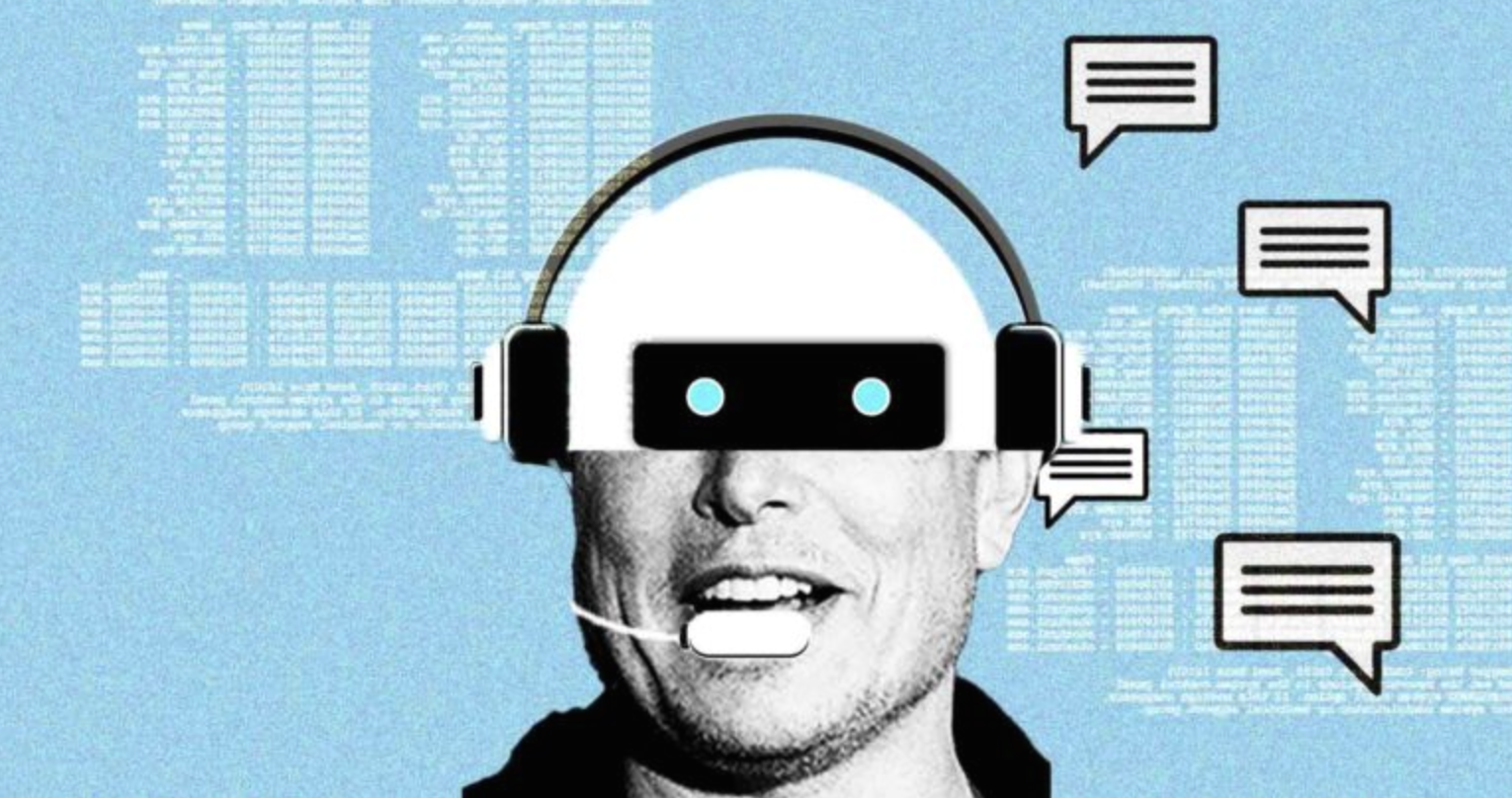
Employees in customer service, for instance, can improve their interpersonal skills, empathy, and capacity for difficult queries. The same is true for healthcare providers who can concentrate on abilities like patient coordination and communication. These things need intense interpersonal communication, human intuition, and situation-specific decision-making. Writers would do well to concentrate on establishing their own style and their capacity to give their work a “human touch.” Essential abilities like interpersonal communication, sales prowess, and the capacity to adapt to a brand voice are also unlikely to be automated anytime soon in certain fields like copywriting and marketing.
Things that AI fails to do accurately
In actuality, there are a lot of things that ChatGPT and other AI systems cannot achieve. One illustration is coming up with original ideas; another is coming up with original insights. These AI models can’t produce really original and cutting-edge material since they base their output on already-existing data. As of the present, only humans are capable of doing that. After all, ChatGPT draws its information from things that individuals have already said or written.

The use of AI can really be beneficial for tech employees. Almost all computer professionals will gain from understanding and practicing data analysis, machine learning, and AI development techniques. Furthermore, in the upcoming years, these locations will undoubtedly see tremendous expansion.
You may position yourself for success in a relatively new sector of technology. Where demand for qualified personnel is only going to grow by keeping up with new developments. Trends in domains like machine learning.
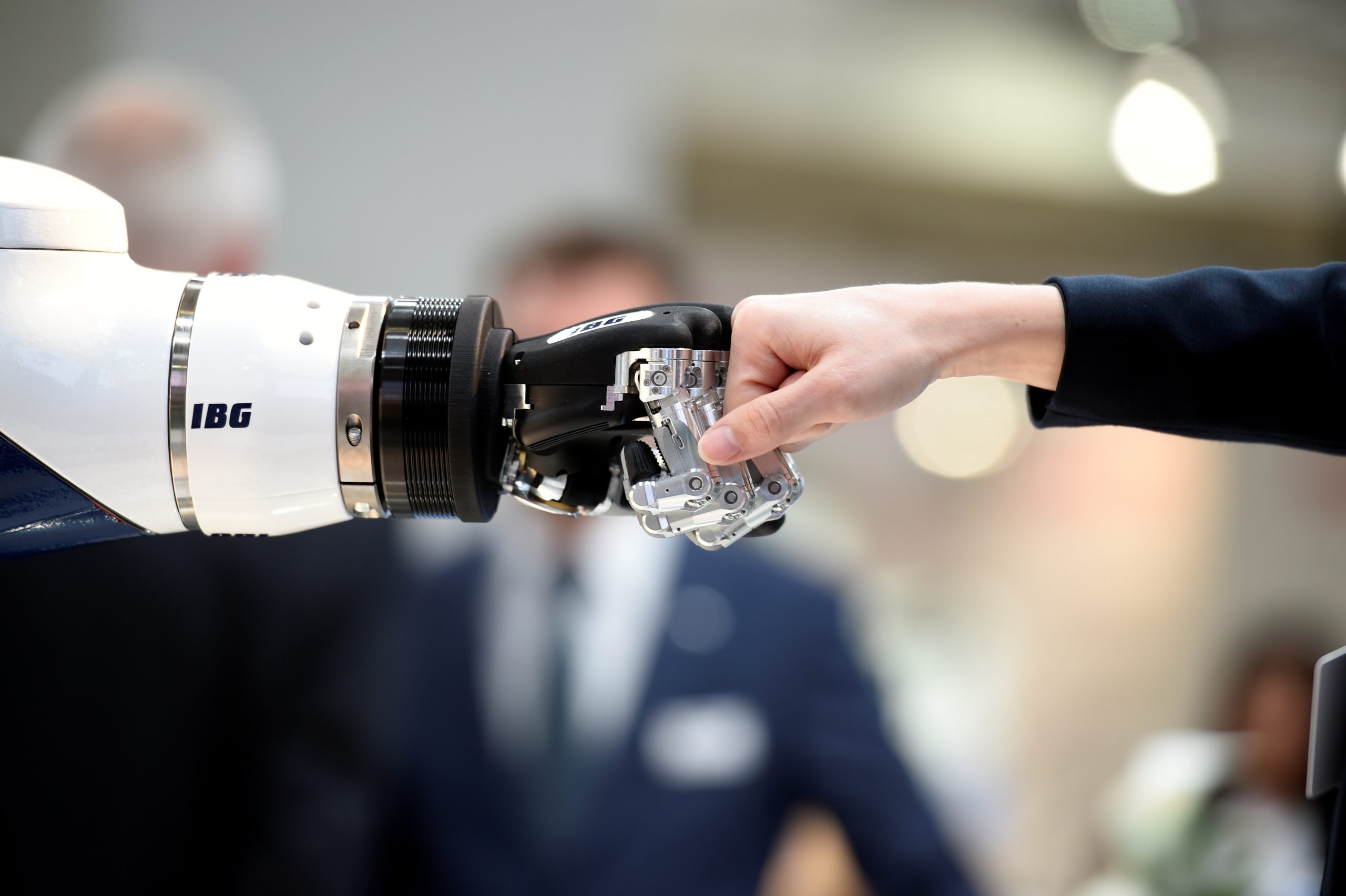
Instead of seeing AI as a danger, people should concentrate on developing distinctively human abilities. In order to future-proof their professions. Workers may prosper in a society that will be more influenced and controlled by AI by staying ahead of the curve. Gaining knowledge in burgeoning sectors, and learning how to use these AI systems themselves will play a key role.
For more amazing reviews and insights like this, stay tuned to Interviewer Pr

